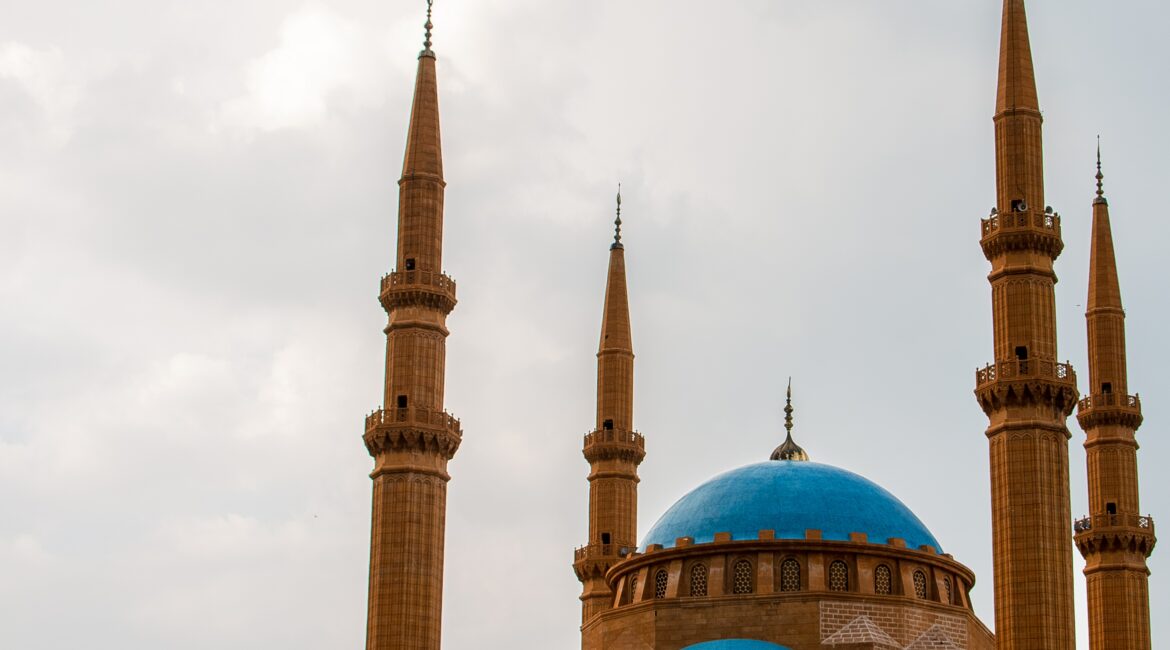In the last couple of years, Lebanon has been characterized by turmoil: from financial problems to Covid-19 pandemic, all these factors immersed the country in protocol and economic crisis.
Lebanon's political system is quite complicated. It is a country that divides political power along religious and sectarian lines, attempting to ensure that everyone gets a piece of the pie. However, power-sharing takes on a whole new meaning in Lebanon. The system has attempted to maintain peace with the claimed purpose of giving every group an equal saying the country’s political affairs.
Looking back, the modern state of Lebanon was defined by the 1943 National Pact, which ended the French mandate the country.
The seats in Parliament were allocated in a six-to-five ratio in favor of Christians. A constitutional change violated the spirit of the National Pact by elevating the presidency to the single most powerful office. This power imbalance exacerbated tensions in an already weak system, and the nation was drawn into a 15-year civil war as a result of the inflow of Palestinians from the Arab-Israeli war. The decade also witnessed the formation of Amalie and Hezbollah, which solidified sectarian identities.
In 1981 the Taif Agreement transferred much of the president's authority to the cabinet and increased the number of Muslim MP's, finally closing the previous imbalance of power which ended the Civil War the following year. A new period called the Second Republic began. The country saw the first democratic election in 20 years.
After the 1990’s, external forces could exert influence on the country because of the internal political conflicts: political parties would always be elected by their communities for religious reasons, which in turn would only address the issues of the respective community. As a result, Iran supported the Shia community in Lebanon. Similarly, Saudi Arabia and Israel supported Sunni and Maronite Christian communities respectively.
In 2019, due to severe poverty, the October revolution began. Thousands of peaceful protesters took to the streets across the country calling for their social and economic rights, accountability, an end to corruption, and the resignation of all political representatives.
Hassan Diab was elected as the new prime minister; though eager to improve Lebanon's economic situation and take strict actions, the Covid-19 crisis plunged the country deeper into poverty.
A huge amount of ammonium nitrate stockpiled in the Port of Beirut in Lebanon's capital city exploded in August 2020, killing at least 218 people, injuring 7.000, causing $15 billion in property damage, and displacing an estimated three lakh people. The explosion was preceded by a fire in the same warehouse, although the actual reason of the detonation is still unknown as of October 2021.
The Prime Minister at that time, Hassan Diab, resignated due to public criticism and said the country is now at the mercy of God, further weakening the population’s distrust in authorities.
Fuel crisis
The fuel crisis is not only defined by shortages and high prices, but it also causes health risks in hospitals: there is not enough fuel for generators which supply hospitals for electricity. What’s more, people can’t get to work easily, as transportation options became slim, which is yet another blow to the country’s economy.
The United Nations has stepped in, ever providing gasoline to keep generators operating. Medicine, like other imports, has become prohibitively expensive or difficult to get. Even common medications, such as paracetamol, can be life-saving for diabetics or cancer patients.
In Lebanon as of late, the ideological groups have at long last settled on another administration after 13 months. A great deal is to be done to keep the country away from falling. Priority number one is to get cash into the nation and the public authority’s smartest choice is to get a bailout from International Monetary Fund (IMF).
The parliamentary elections in May 2022 are eagerly awaited by Lebanon's populations, in hope of a new, refresched political class which will turn things around. Only time will tell if the future of Lebanon will seem brighter starting 2022, assuming politicians will make the right decisions.
Lebanon crisis overview

